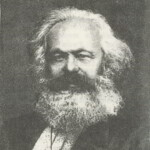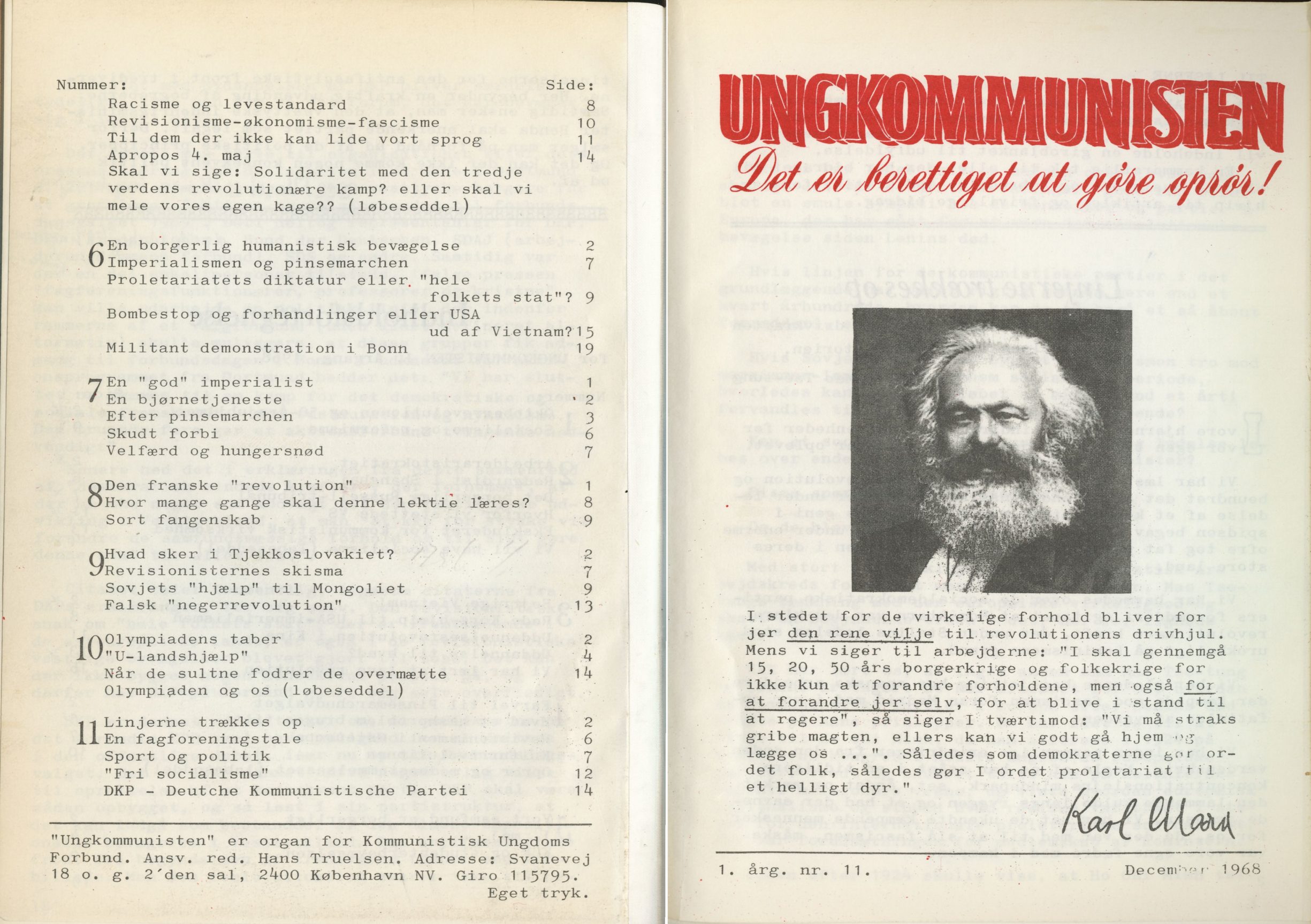About the text:
From: On Colonies, Industrial Monopoly and Working Class Movement, Futura, 1972, 57 p., p. 40.
(Extract)
… The English working-class had been gradually becoming more and more deeply demoralised by the period of corruption since 1848 and had at last got to the point when it was nothing more than the tail of the Great Liberal Party, i.e., of its oppressors, the capitalists. Its direction had passed completely into the hands of the venal trade-union leaders and professional agitators. These fellows shouted and howled behind the Gladstones, Brights, Mundellas, Morleys and the whole gang of factory owners, etc., in majorem gloriam [15] of the tsar as the emancipator of nations, while they never raised a finger for their own brothers in South Wales, condemned by the mine-owners to die of starvation. Wretches! To crown the whole affair worthily, in the last divisions in the House of Commons (on February 7 and 8, when the majority of the high dignitaries of the “Great Liberal Party” – the Forsters, Lowes, Harcourts, Goschens, Hartingtons and even the great John Bright himself – left their army in the lurch and bolted away from the division in order not to compromise themselves too much by voting) the only workers representatives there and moreover, horribile dictu [16], direct representatives of the miners, and themselves originally miners – Burt and the miserable MacDonald – voted with the rump of the “Great Liberal Party”. …
—–
[15] To the greater glory.
[16] Horrible to relate.
MESC p. 314.
MEOB p. 554.
The complete text can be found online at Marxist Internet Archive, MIA.



























